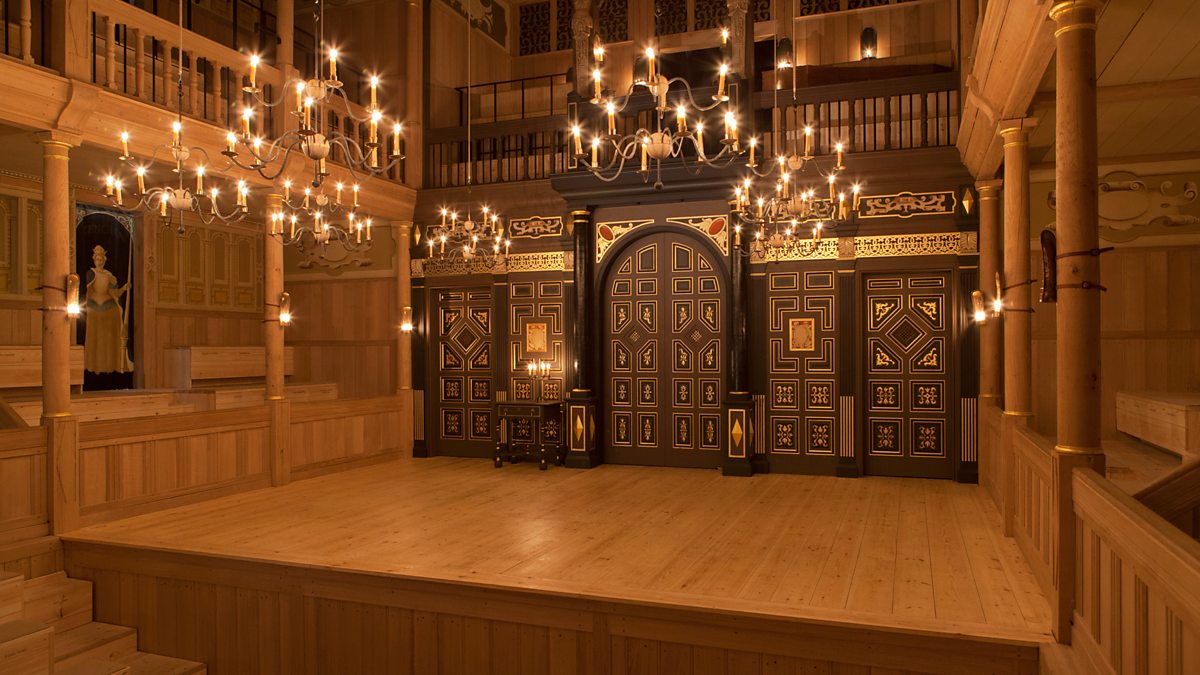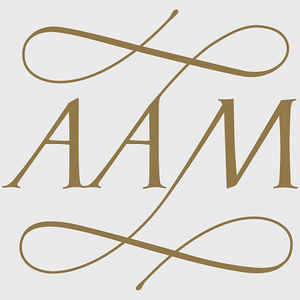Originally posted by Roehre
View Post
"Early Music"
Collapse
X
-
In response to what you and S_A have written, I rather feel that there are potential dangers in the drawing of dividing lines like this; yes, what happened across Western music in, say, the quarter century from 1895 represented a series of immense strides and yet what these ell me more than anything else is something of the increasing speed of expressive expansion that they represent; just as none of the composers of that time and/or those whom you list tried to avoid drawing on their various heritages - and just as those factors that S_A quite rightly mentions - didn't only arise during that period (they'd occured before and they've occurred since), it would, I think, miss something of the point to speak of "conservative" composers of any era identifying their "conservatism" by drawing on their heritages in the very different ways that they have done and still do. That there is so very much more upon which to draw today is not just because of the many and varied developments during the last century and a bit - it's also because we have exposure to so very much more music from before that time than did Elgar, Webern, Shostakovich...
-
-
An interesting thread, much of which is way above my head.
For what it is worth, the early development of notation, harmony, musical instruments and form could appeal to me in that they surely speak both of roots and innovation. Further development in music is all well and fine but there was with such advances a simultaneous movement from community - mostly religious I suppose - to more of an emphasis on courts and royalty. I rather like "stately" where it is elegant but have more difficulties with a rigid formality in sound which can feel lofty. The later-in-time links between a new "lionizing of great artists" and romanticism is a problem where it is heard via music as bombast but mostly I see it rationally as a contradiction. There is an element of sublimation of the individual in the painting of aural landscapes. Some might say "oh wasn't that composer of romantic music wonderful" but only in exceptional circumstances does that extend to the known character of the composer himself/herself. The principal comment is about the actual music. That various questionable states should have sought to acquire such music as their own for political purposes says huge amounts about those states and little about individual composers. State ego and individual ego are not necessarily natural pals.
But there is no doubt that the concept of "the great artist" gives weight to the credentials of any particular field. Remove the major figures from classical music today and it looks like a very different thing with little call for any Radio 3. I would see the instinct to encourage a wider range of content as being about counter-balance as well as imagination and probably in some cases justice. As satellites to the "greats", the lesser known once discovered can be equally or more appealing. However, in the 21st Century where there is no very significant figure, there is often less distinctiveness somehow. In fifty or one hundred years time, not as many people will be seeking the lesser known from these times as considerable numbers of them - almost all - are on the same sort of level. Which brings us back to the earliest music. Because generally the names of composers and performers then were not written in big letters. Notwithstanding the commercial dimension of all that occurs now, why should they have had longevity? It is partially because what happens at the outset in anything has a substantive impact in the long-term. But also that any music that derives from community "under the state" has a separate and significant resonance.Last edited by Lat-Literal; 29-11-15, 00:21.
Comment
-
-
Thank you Doversoul for mentioning the programme. Alas, me and MrsBBM do rather enjoy an opera on a Saturday night but alas, we were busy and llooks like another catch up for us.Originally posted by doversoul View PostMore apologies for repeating myself but this thread has far more readers that the original thread this was posted
Luigi Rossi's 17th-century opera on the myth of Orpheus from the candlelit space of the Sam Wanamaker Playhouse, performed by the Early Opera Company, conducted by Christian Curnyn and directed by Keith Warner
original post
http://www.for3.org/forums/showthrea...gi-Rossi-Orfeo
Thank to LatLiteral, for you post above. My knowledge of this period is not too great, so that was one reason why I thought a general approach would be of benefit to those of us who would want to increase their knowledge of the period. Also, like you, some of the boarders posts, need further reading, which is ofcourse all good! :)
When I do eventually go to church, in the music, they still use medaeval notation for the chant like settings!Don’t cry for me
I go where music was born
J S Bach 1685-1750
Comment
-
-
.Originally posted by doversoul View Post
When does/ early music end?
Originally posted by vinteuil View Post... my current feeling is that a 'safe' date might be - music composed before reliable recordings.
But this is of course for the other [viz. this... ] thread
You might be interested in this -
Altho' here the word 'end' means 'purpose, objective' rather than 'conclusion, termination'.
It's a good read
Comment
-
-
The first York Early Music Festival was in 1977 - I cannot find an earlier reference of its use in this context. In the late '70s/early '80s, IIRC, the preferred expression seemed to be "pre-Classical Music".Originally posted by jean View PostI wonder if he tells us who was the first to use the term?[FONT=Comic Sans MS][I][B]Numquam Satis![/B][/I][/FONT]
Comment
-
-
... OUP's learned journal "Early Music" started in 1973. The term must have been well establisht by then.Originally posted by ferneyhoughgeliebte View PostThe first York Early Music Festival was in 1977 - I cannot find an earlier reference of its use in this context. In the late '70s/early '80s, IIRC, the preferred expression seemed to be "pre-Classical Music".
Comment
-
-
... sorry jean : I woz replying to ferney.Originally posted by jean View PostHave I become invisible or something?
The Dolmetsch dates are interesting - but it wd be good to see if we can get... 'earlier'
The French term 'musique ancienne' I find interesting - the 'former/previous' music, cf ancien régime, the previous set-up.
Saint-Saens was involved in the creation of the Société de concerts des Instruments anciens in 1901...
Comment
-
-
That can't quite have been quite what what the Academy of Ancient Music had in mind!Originally posted by vinteuil View PostThe French term 'musique ancienne' I find interesting - the 'former/previous' music, cf ancien régime, the previous set-up.
Their website says nothing about why they chose the term.
Comment
-
-
... presumably following Johann Pepusch, who developed an "Academy of Ancient Music" in the 1720s to study music by Palestrina, Tomás Luis de Victoria, William Byrd, Thomas Morley, and other 'ancient' composers...Originally posted by jean View PostThat can't quite have been quite what what the Academy of Ancient Music had in mind!
Their website says nothing about why they chose the term.
.Last edited by vinteuil; 29-11-15, 16:00.
Comment
-
-
This bit from the wiki article is interesting!
'The original Academy of Vocal Music was founded in London, England in 1726 for the purpose of studying and performing "old" music — defined initially as anything composed at least a century earlier. Around 1730/1 it was renamed the Academy of Ancient Music...'
They performed contemporary music as well, it seems.
But we have not got an earliest date for early.
Comment
-
-
The 1982 York University prospectus which is still in my possession refers to "Early Music" in a way that suggests it was already well-established: "There is an extensive collection of reproduction, medieval, renaissance and classical instruments and a consort of viols. Groups are formed to play Early Music using these instruments". The certainty in the use of the term is interesting given that the festival had only been established five years earlier. I have to say that I hadn't realised until now just how significant York is to Early Music. However, the National Centre for Early Music at St Margaret, Walmgate wasn't established until 2000. The range of options in that BA Music course is remarkable, not least because it looks like this forum - "Medieval Music, The Passions of JS Bach, Janacek, Music of Java and Bali, Stravinsky, The Music of India, Electronic Music" etc. I really feel now that is what I would have wanted to study there but, of course, the emphasis was on practical musicianship and the key requirement an A grade in A level music, neither of which I had.
Comment
-
-
We need a reference earlier than 1925.
The BBC and the British Museum however seem to think that Dolmetsch's festival was called either the Haslemere Festival of Music or the Haslemere Festival of Chamber Music, neither of which seem distinctive enough for what the Festival was doing.
But the BBC and the BM could be wrong.
.Last edited by jean; 29-11-15, 16:20.
Comment
-




Comment